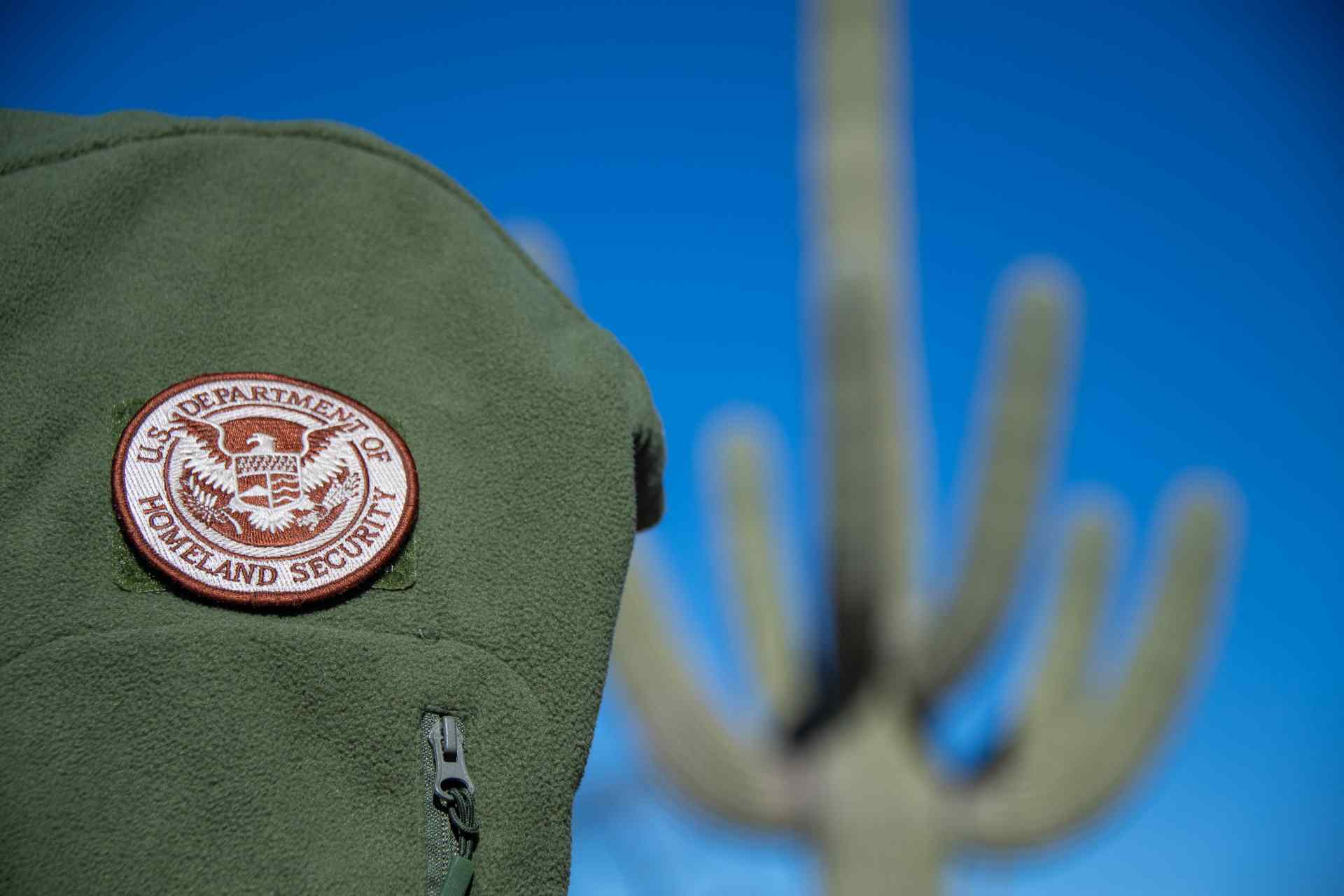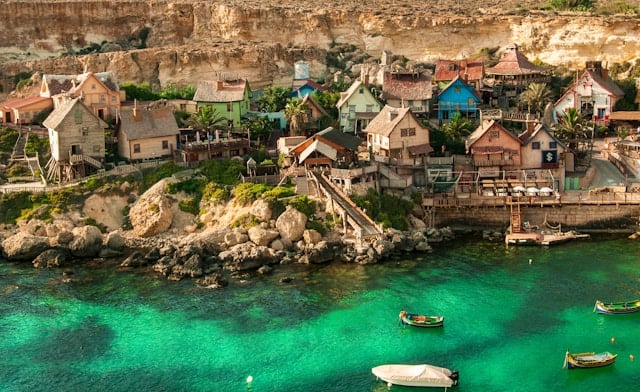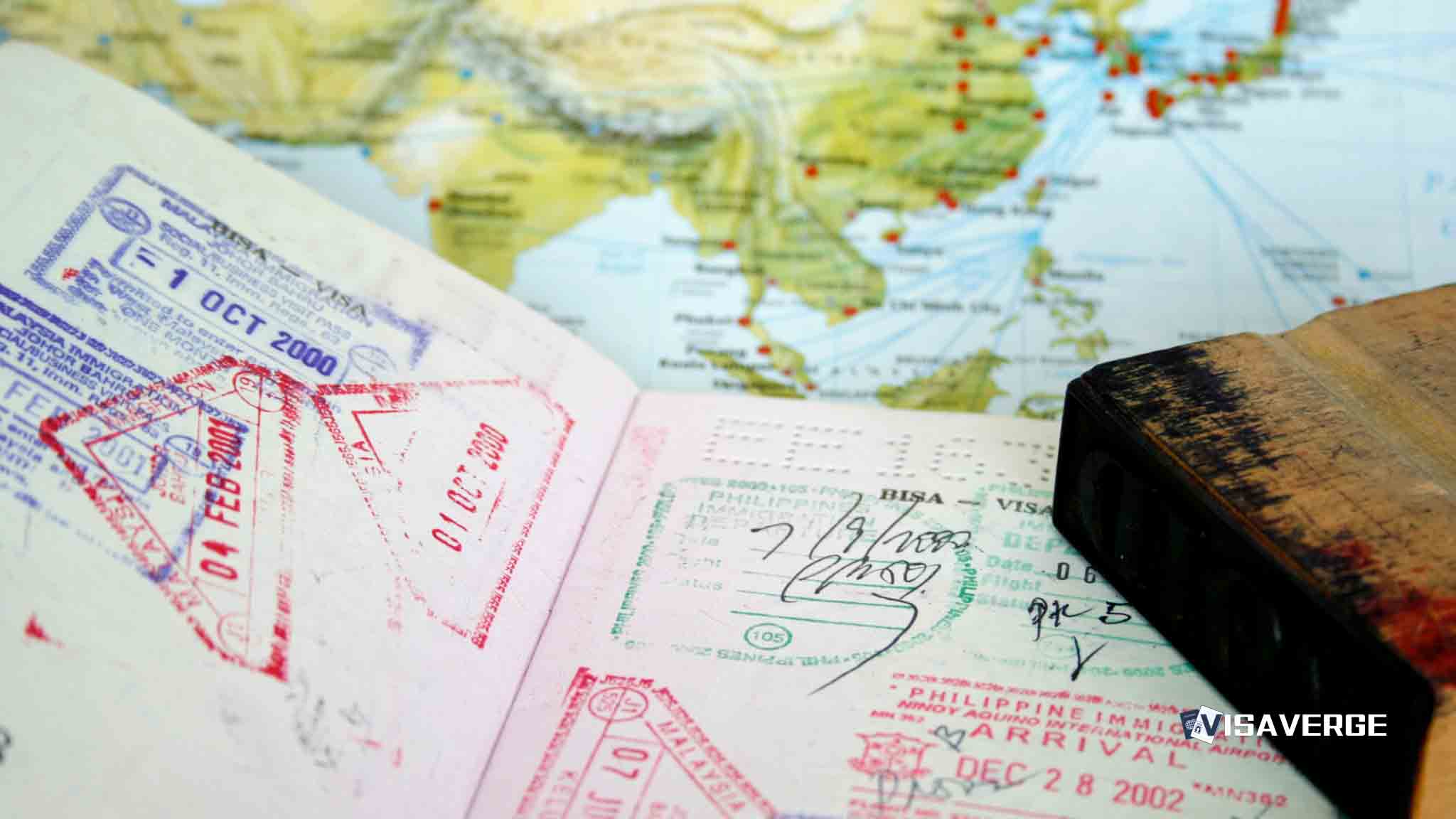A senior Department of Homeland Security official has turned to one of Christianity’s oldest texts, St. Augustine’s City of God, to defend current immigration enforcement in the United States 🇺🇸, arguing that federal officers can act with both justice and mercy while carrying out arrests, detention, and deportations. Speaking in response to criticism from U.S. Catholic bishops over the treatment of migrants in custody, the official, identified as Madden, said immigration enforcement must distinguish between what he called the “blameless poor” and those who break U.S. immigration laws or are labeled “severe criminals,” insisting that both groups are treated with dignity but face different legal outcomes.
Madden’s theological framing

Madden, who wears a Benedictine ring and openly draws on Christian tradition, cited City of God to claim that Augustine’s writings support the idea that justice and mercy are not opposites but work together. By this reading:
- Charity belongs first to the poor who have not broken the law.
- Those who cross the border without authorization or commit crimes must still be held accountable.
“Illegal immigration is itself illegal,” he stressed, arguing that the Department of Homeland Security has a duty to enforce federal law even when the people involved are fleeing hardship and poverty.
Response from church leaders
These comments come as church leaders — especially Catholic bishops — press the federal government to soften its approach and expand legal paths for migrants. They have urged the administration to shape immigration rules around mercy, justice, and full respect for human dignity.
Madden responded that these values are already at the heart of DHS practice, not in conflict with it. According to his description:
- Human dignity and national security are “fully compatible.”
- Enforcement decisions can reflect Christian views on liberty and rights without abandoning the government’s responsibility to uphold the border.
Conditions and care in custody
In practical terms, Madden said detainees in immigration custody receive:
- Pastoral care
- Medical attention
- Legal assistance
- Proper nutrition
He pushed back against reports of widespread abuse or neglect inside detention centers, rejecting claims of poor conditions as false and saying that people held by immigration authorities are treated with respect throughout the process.
These remarks directly addressed concerns raised by bishops and other Catholic leaders who have questioned whether detention conditions meet basic moral standards.
Clergy access to detention facilities
One flashpoint has been access for clergy inside detention facilities. Bishops and local church workers have repeatedly reported problems sending priests, deacons, and lay ministers into centers to offer Mass, confession, counseling, or spiritual comfort to frightened families.
Madden acknowledged that clergy access was limited at some locations, including the Broadview, Illinois facility, but said those limits were tied to safety rules rather than hostility to religion.
- He said full pastoral services are available at every site where migrants remain longer than 72 hours.
- Short‑term holding centers may face tighter rules on outside visitors.
Catholic leaders’ broader critiques
Catholic leaders argue the government must do more than allow minimum spiritual access if it wants to claim that U.S. immigration policy lines up with Christian teaching. They have urged Washington to:
- Open broader legal pathways for migrants
- Increase humanitarian support
- Design detention rules that do not separate families or leave people in custody for long stretches
Their criticism extends beyond detention conditions to include moves such as the suspension of refugee assistance funding, which they view as contrary to the Church’s mission to serve lawfully admitted refugees.
Religious language in the immigration debate
According to analysis by VisaVerge.com, these disputes show how deeply religious language has entered today’s immigration debates. By appealing to the City of God, Madden is not only defending specific policies but also joining an argument about what Christian justice should look like in border enforcement.
In Augustine’s work:
- The earthly city, with its laws and punishments, struggles to mirror the ideals of the heavenly city, where peace and charity are complete.
Madden’s use of that text suggests DHS sees itself as trying to balance those two worlds: enforcing the law firmly while still offering mercy to vulnerable people.
Points of disagreement
For many Catholic advocates, that balance remains far from clear. When they speak of the “blameless poor,” they often mean:
- Families who cross borders without papers because no safe legal route exists
- People fleeing danger who believe they have no time to wait
In their view, these people are morally different from “severe criminals” and should not be treated under the same enforcement model. Madden’s emphasis that illegal entry is itself a violation underlines how far apart the two sides remain on where to draw the line between crime and desperation.
Broader implications and ongoing debate
The clash also raises a broader question about whether theological arguments belong in official explanations of federal policy.
- Supporters of Madden’s approach may welcome his use of Augustine as a sign that immigration officials take moral concerns seriously and try to ground policies in a long religious tradition.
- Critics worry such language could mask harsh outcomes, including deportations that send people back to dangerous situations, while still claiming the mantle of justice and mercy.
The tension is especially sharp for Catholic voters who want both secure borders and strong protections for migrants, hearing deeply different messages from bishops and federal officials invoking the same Christian sources.
Practical system-level effects
Behind the scenes, these debates play out across a sprawling immigration system that includes:
- Border Patrol operations
- Detention centers
- Asylum interviews
- Immigration courts
While Madden did not detail specific procedures, his defense of DHS practices points toward:
- Continued reliance on detention for at least some migrants
- Continued provision of chaplains, lawyers, and basic services in custody
Official information about DHS immigration enforcement policies remains available through the Department of Homeland Security, but the argument over how those policies match Christian teaching is likely to continue in churches, courtrooms, and communities across the country — long after the immediate dispute over City of God fades from the headlines.
This Article in a Nutshell
DHS official Madden cited St. Augustine’s City of God to argue that justice and mercy can coexist in U.S. immigration enforcement. He differentiated the “blameless poor” from “severe criminals,” defended detention conditions, and said detainees receive pastoral, medical, and legal care. Catholic bishops pushed back, urging expanded legal pathways, humanitarian support, and better detention oversight. The exchange spotlights tension over theological language in policy and whether enforcement practices truly respect human dignity while protecting national security.













